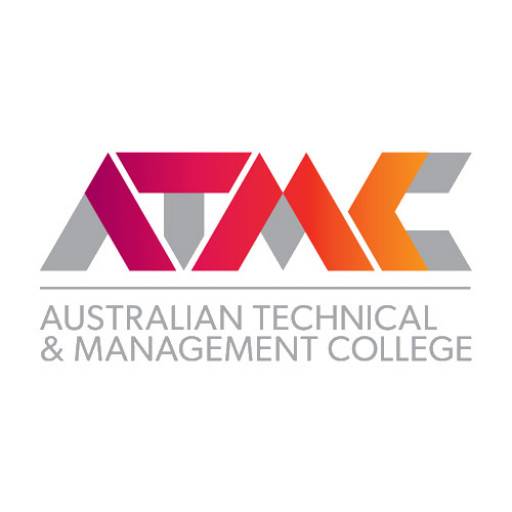Photos of university / #utsengage
The UTS Dispute Resolution program, a first in Australia, focuses on the wide range of non-adversarial dispute resolution processes. The subjects available accommodate distinct streams that include commerce, family, community and court-annexed programs.
Dispute resolution at UTS is focused on experiential learning involving a fusion of critical and reflective thinking paradigms with the application of theory in practical, work-based contexts.
The mixture of experience-based learning and formal lectures by professional practitioners give students a hands-on understanding of the full range of dispute resolution processes, from negotiation through the consensual processes to decisional theory.
- Advanced Mediation
- Collaborative Law
- Crisis Negotiation
- Dispute Resolution in Civil Practice
- Dispute Resolution in Commerce
- Facilitation
- Family Dispute Resolution
- Mediation Practice
- Negotiation
- Psychology and Dispute Resolution
- Research Paper
- Research project (Law PG)
- Workplace Dispute Resolution
- Applicants must have completed a UTS recognised bachelor's degree, or an equivalent or higher qualification, or submitted other evidence of general and professional qualifications that demonstrates potential to pursue graduate studies.
- An appropriate first degree is a bachelor's degree with honours in a relevant field; a master's degree in a relevant field; or a bachelor's degree without honours in any discipline together with a graduate certificate or graduate diploma in a relevant field. Relevant fields of education are information technology; engineering and related technologies; architecture and building; education; management and commerce; society and culture; or communications and media studies, as described by the Australian Standard Classification of Education.
- Admission is at the discretion of the associate dean (education).
- The English proficiency requirement for international students or local applicants with international qualifications is: Academic IELTS: 6.5 overall with a writing score of 6.0; or TOEFL: paper based: 550-583 overall with TWE of 4.5, internet based: 79-93 overall with a writing score of 21; or AE5: Pass; or PTE: 58-64; or CAE: 176-184
- Visa requirement: To obtain a student visa to study in Australia, international students must enrol full time and on campus. Australian student visa regulations also require international students studying on student visas to complete the course within the standard full-time duration. Students can extend their courses only in exceptional circumstances.
AUSTRALIA AWARDS SCHOLARSHIPS
Managed by the Australian Government‘s Department of Foreign Affairs and Trade (DFAT), these scholarships help students gain tertiary qualifications that will allow them to contribute to the development needs of their home countries.
ENDEAVOUR POSTGRADUATE SCHOLARSHIPS
Funded by the Department of Education and Training, Endeavour Postgraduate Scholarships offer funding for highachieving international students who have been accepted to study a Master’s or PhD at UTS. You must gain admission to UTS before applying for this scholarship and must be from a partner country with links to the Endeavour Program.
UTS INTERNATIONAL ACADEMIC EXCELLENCE SCHOLARSHIP
UTS International is offering scholarships for commencing international students enrolling in postgraduate coursework programs in 2016. These are awarded solely on
the basis of academic merit. All international students commencing a postgraduate coursework program in 2016 will be automatically considered for these scholarships. They are valued at A$2,000, to be credited towards the first semester’s tuition fees.







